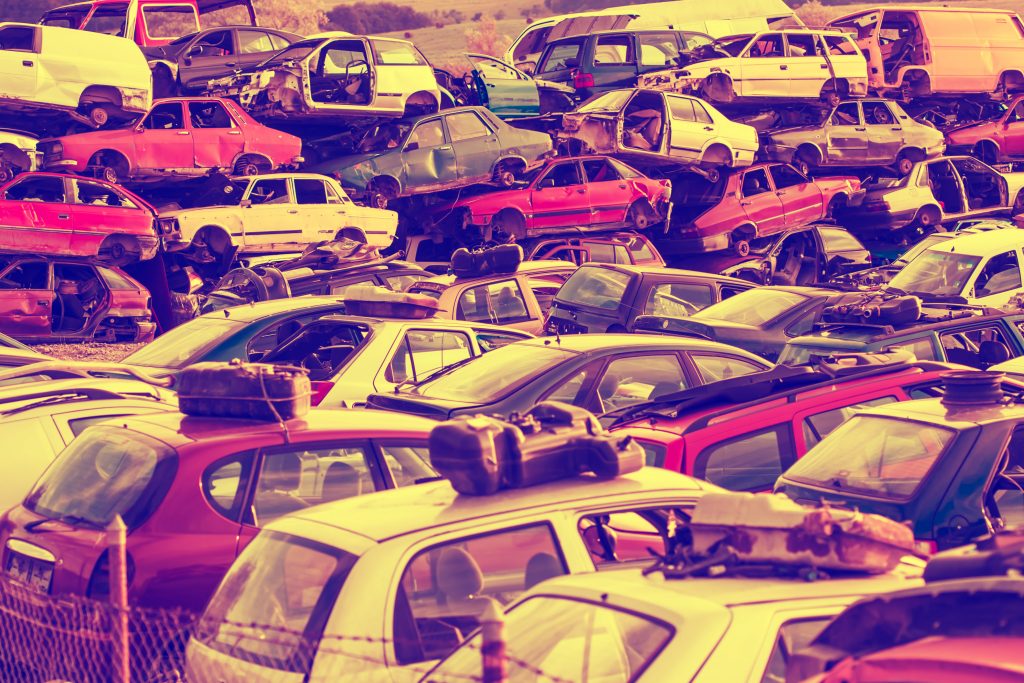 Cars and other vehicles contribute greatly to the CO2 released into the environment. CO2 and other greenhouse gases are major culprits behind climate change and the degradation of the Ozone layer, resulting in an increased frequency of extreme weather events, including storms, floods and prolonged droughts.
Cars and other vehicles contribute greatly to the CO2 released into the environment. CO2 and other greenhouse gases are major culprits behind climate change and the degradation of the Ozone layer, resulting in an increased frequency of extreme weather events, including storms, floods and prolonged droughts.
To reduce the amount of CO2 emitted each year, it is recommended to scrap your old, existing vehicles, replacing it with a newer, more fuel-efficient vehicle. A visit to a local car scrapping service will help you recover some of those costs so that you can have a bit of extra money before you purchase a new car.
The Benefits of Car Scrappage
Car scrapping is beneficial for the environment as it greatly reduces the amount of CO2 that motorists produce each year. Though the scrapping process and the manufacture of new cars do produce emissions as well, statistics show that new cars still produce less CO2 than older models.
One study in 2009 compared over 77,000 scrapped vehicles. Cars over 13 years old on average produce around 179g/km of CO2. In comparison, newer vehicles average at 134g/km. Over time, this can reduce CO2 emissions in the UK by as much as 25%.
UK car buyers are also looking for smaller, more fuel-efficient models in an effort to reduce maintenance and fuel costs.
Lowest CO2 Emissions in Years
The scrap-page scheme is actually having a positive effect on the environment. As of March 2017, carbon emissions in the country had fallen to 1894 levels – the year where the petrol-powered car was first patented.
This year, the CO2 released into the atmosphere totalled 381 million tonnes. Back in 1894, the CO2 produced totalled at 382 million tonnes. This is a massive decrease compared to CO2 levels compared to the 70s when emissions reached an all-time high of 685 million tonnes.
Despite these advancements, the UK still has a long way to go to reduce greenhouse emissions. Switching to more environmentally friendly cars, however, is proving to be useful.

